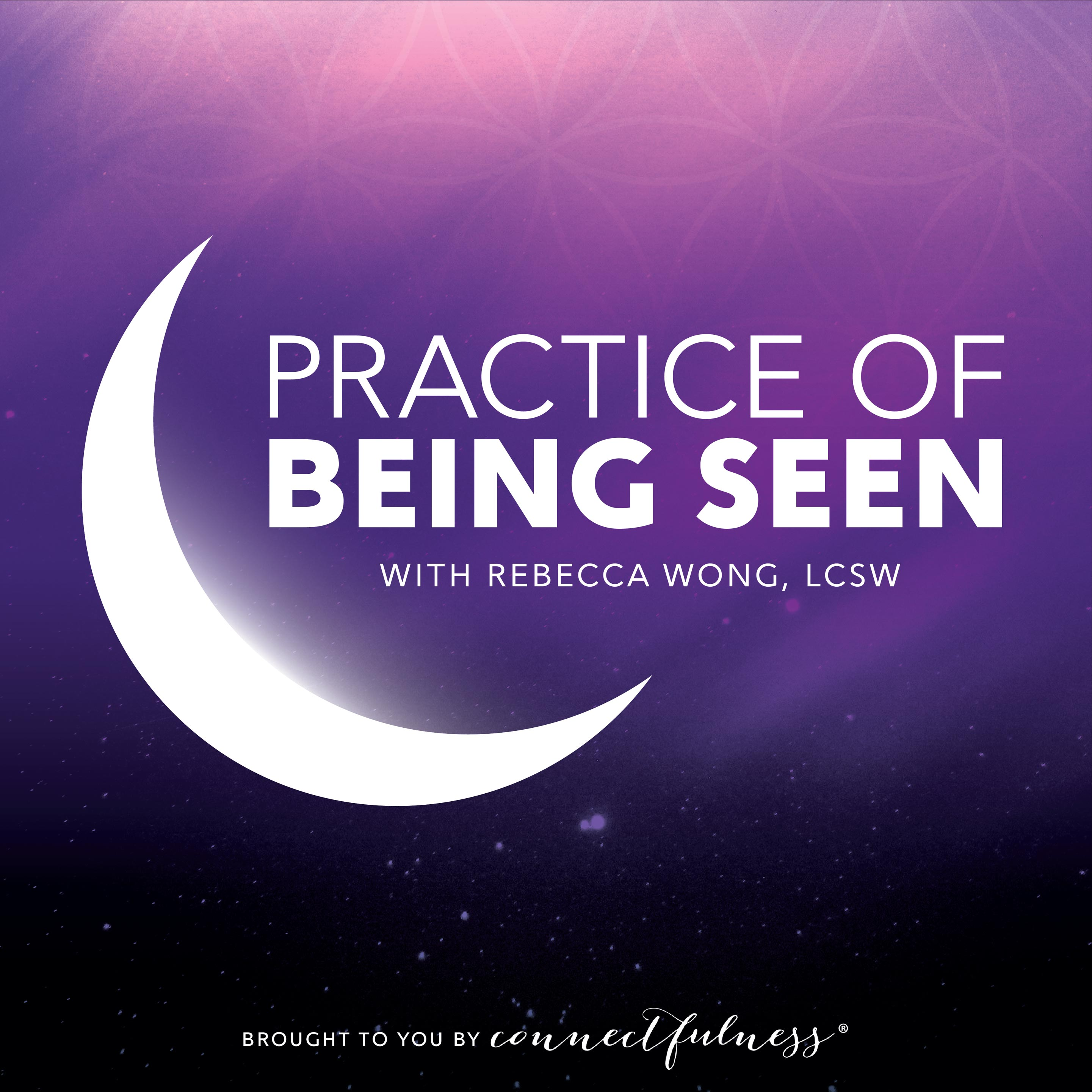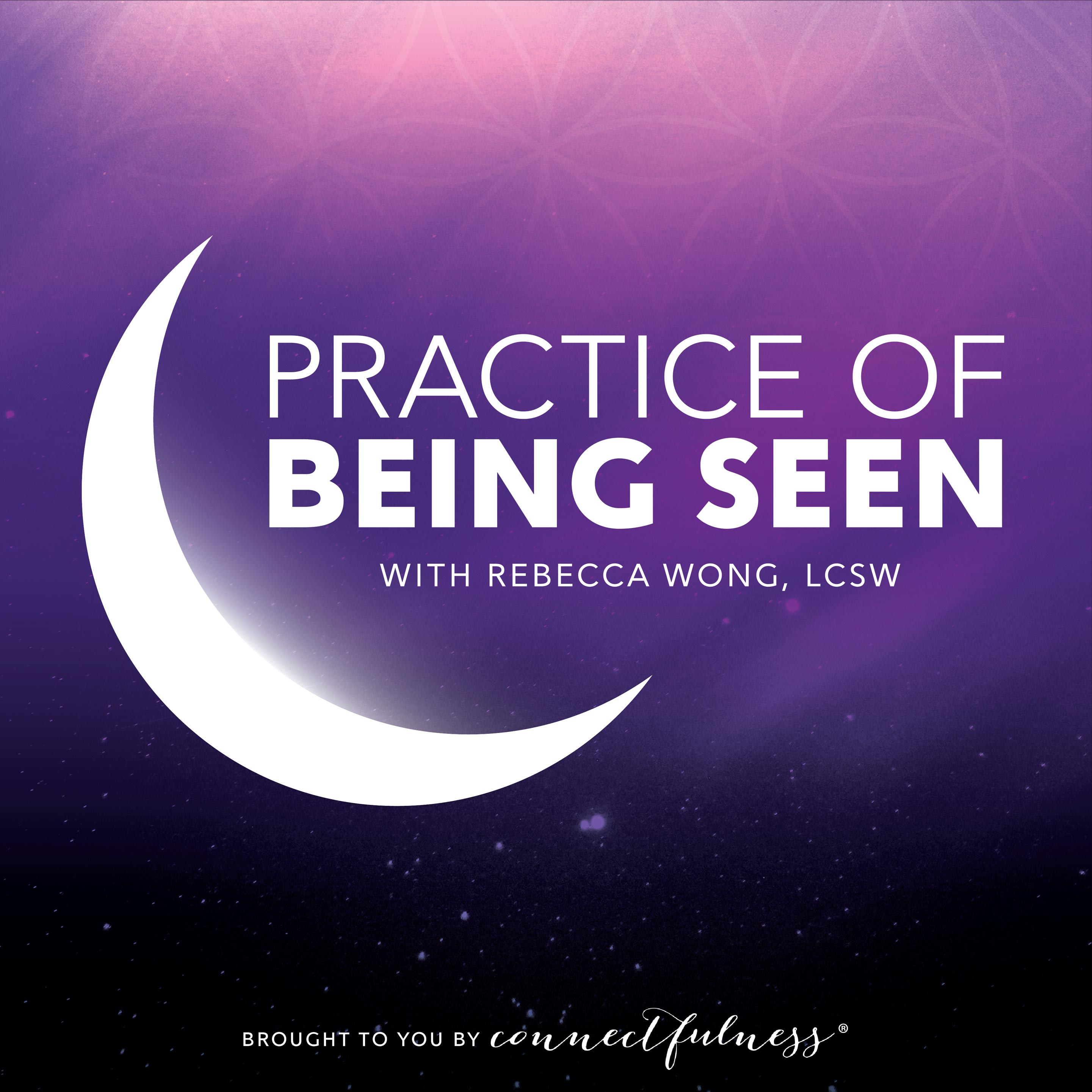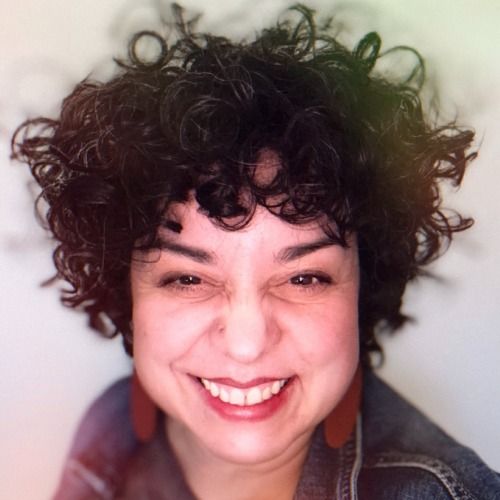Brave Worriers, Disarming Anxiety with Elizabeth Cush
If you’re like many modern women, you’ve learned to swallow your needs. Maybe you don’t even know what you need. Maybe it oozes out of you sideways in the form of anxiety.
In this episode Elizabeth (Biz) Cush, MA, LCPC, joins me to explore our relationships with anxiety and discomfort and how to tune into what you need even when it’s buried below the surface. As a trauma therapist in Annapolis, MD, Biz incorporates mindfulness and meditation into her psychotherapy work, her blogs and its the theme of her Woman Worriers Podcast.
We explore what drives anxiety to show up so loudly. As women, we have a tendency to set aside our own needs in service of others. In doing so perhaps we bypass an opportunity to know who we truly are. Biz shares how mindfulness and body experiences play into healing. And why slowing down is a necessary step in rebuilding a relationship with your anxiety and regaining your power.
Dive in with us and journey from feeling lost or unseen to uncovering your wants, needs and desires.
Full Show notes available at: practiceofbeingseen.com/episode/66


